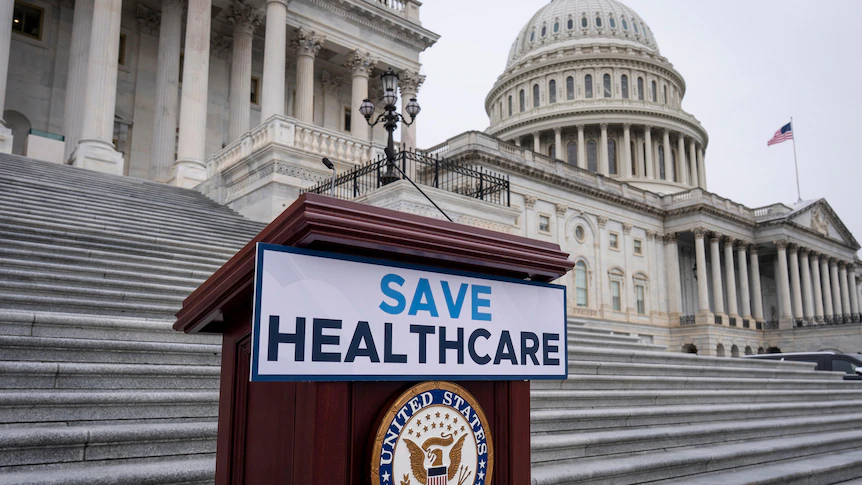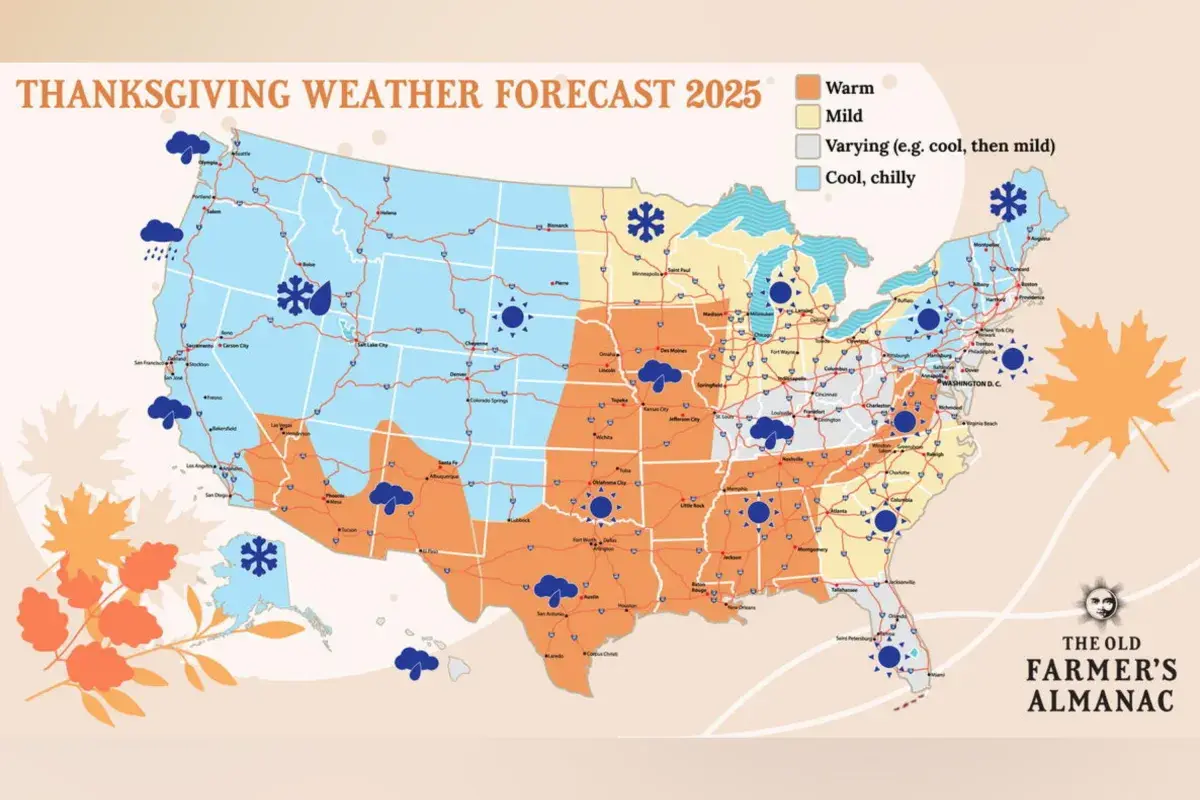Copyright abc

The United States Senate is set to pass amended funding legislation that moves the country's government one step closer to ending its longest-ever shutdown. In an hours-long vote held at Capitol Hill in Washington DC on Sunday, local time, eight Democratic senators voted with Republicans to end debate on a proposed funding bill that would finance government work until January 30, 2026. Senators are now taking part in a series of additional votes on the bill itself, which will culminate in a final decision on whether to formally approve it and send it to the House of Representatives. The move looks set to break a political stalemate that has sidelined federal workers, delayed food aid and significantly disrupted domestic air travel. So, what happens next and how long will it be until the US government gets back to work? Here is what we know. Votes to end shutdown could take days While the Senate voted in favour of ending debate on the government's funding bill with a 60-40 margin, another vote needed to happen in the Senate to formally approve it and send it back to the House of Representatives. That vote forms part of the legislative process taking place in the Senate on Monday, local time. After being approved by the Senate, the legislation will then need to clear the House via another vote of approval, and also be signed by US President Donald Trump, before the government can reopen. House Speaker Mike Johnson has already urged politicians to start returning to Washington DC "right now", given travel delays sparked by the shutdown, but he said he would issue an official notice of return once the Senate passed the legislation. Mr Johnson had also earlier flagged that he would give House members a period of 36 hours to return to Congress to take part in the next vote, meaning the next step in the funding bill's approval process may not happen until at least Wednesday, local time. It will only be after the House and presidential approval that federal workers will resume being paid and government work can completely resume. What happens next to the health care issue that sparked the shutdown? The halt to government work was sparked on October 1 when Democrats withheld from voting in favour of the funding bill as leverage to negotiate an extension to healthcare subsidies. To proceed to the debate-ending Senate vote on Sunday, a group of Senate Democrats — Jeanne Shaheen and Maggie Hassan — along with independent senator Angus King, agreed to vote with Republicans. They joined Democrat senators Tim Kaine, Dick Durbin, John Fetterman, Catherine Cortez Masto and Jacky Rosen, who had all previously stated their intention to vote in favour. The group was convinced into conceding support for the bill's passage after Republican senators agreed to hold a vote at a later date — believed to be in December — on expiring Affordable Care Act tax credits that have made private health insurance less costly for millions of Americans. It is unclear whether the Democrats and Republicans would be able to find any common ground on the subsidies before that vote. Mr Johnson has already said he will not commit to bringing up an equivalent vote in the House. What impact could an end to healthcare subsidies have? The subsidies are set to expire at the end of the year unless the US Congress decides otherwise, and could still end if the December vote does not come to a quick resolution. If that happens, the average health insurance premium costs of millions of subsidised customers who purchased coverage through the Obamacare program could more than double. That would significantly affect a small number of higher earners and a large number of lower earners who will have to pay more, according to Cynthia Cox from the healthcare research non-profit KFF. If more Americans are uninsured and are unable to afford out-of-pocket costs for emergency health care, some of their expenses will also fall on hospitals and the government to fund. If the enhanced tax credits expire, politicians could still find other pathways to help Americans afford health insurance, though reaching any deal will likely be difficult in a bitterly divided Congress. Separately, the deal would also fund the SNAP food-subsidy program until September 30 next year, averting any possible disruptions if Congress were to shut down the government again during that time. SNAP benefits are food stamps that help almost 42 million Americans each month to feed themselves, at a monthly cost of about $US8 billion ($12.25 billion) to the nation's economy. Senate concession has divided the Democrats In the immediate aftermath of Sunday's Senate vote, signs of internal division became apparent from within the Democratic Party. The deal cut by Senate Democrats to reopen the government has refuelled the party's tussle over strategy and identity, particularly between centrist and progressive members. Democratic Senate leader Chuck Schumer voted against the move to end debate on the funding bill and said he could not "in good faith" support it after meeting with his caucus for more than 2 hours. The decision by the eight senators to vote with Republicans was also criticised by independent senator Bernie Sanders — who caucuses with the Democrats — as a "horrific mistake". In the House, multiple Democrats were quick to condemn their Senate colleagues. Texas representative Greg Casar said a deal that did not reduce health care costs was a "betrayal" of millions of Americans who were counting on Democrats to fight. Others gave Mr Schumer a nod of support. House Democratic leader Hakeem Jeffries, who criticised Mr Schumer in March after his vote to keep the government open, on Monday praised him and expressed support for his leadership throughout the shutdown. "The American people know we are on the right side of this fight," Mr Jeffries said Monday. The Democratic senators who cut the deal with Republicans say they had little choice, given GOP members were not budging on the stalemate and the pressure of the prolonged shutdown had become untenable. "This was the only deal on the table," Senator Shaheen said after Sunday's vote. Mallory McMorrow, a Michigan state senator running for the US Senate, said the situation embodied a larger issue for the party. "A refusal to evolve and recognise this is not the same Senate that it was a decade ago or even five years ago means that the party is never going to win."



